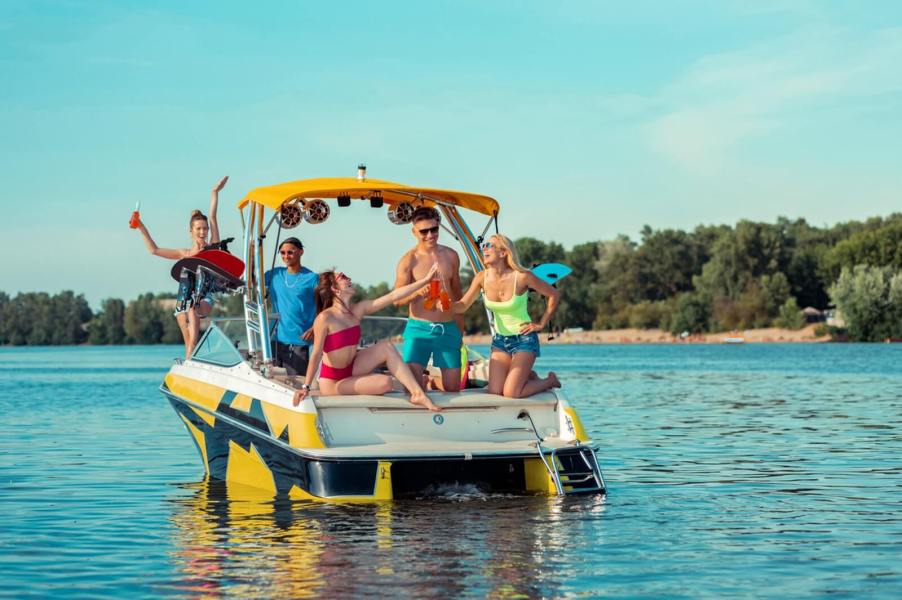
4 Boat Laws and Regulations Will Land You in Handcuffs If You’re Not Careful
Summer is upon us. That means hot weather, convertible tops down, motorcycles out, and, of course, boats on the water. However, your water-borne good times could come to an abrupt halt if you break these boat laws in American waters.
The freedom of hitting the lake, rivers, and ocean on your boat doesn’t free you from the laws and regulations of the country’s waterways
It’s of the utmost importance that any boater on the water knows the state and local laws of their waterways. In fact, making these mistakes or errors in judgment will often land you in hot enough water to get arrested.
- Boating under the influence (BUI)
- Transporting illegal substances
- Hunting or fishing in restricted areas
- Having a firearm onboard that you’re not legally allowed to possess
Boat laws exist for the safety of boaters, swimmers, waterways, and the public. But that doesn’t mean you can’t find yourself on the wrong side of the law without meaning to do so. Like the disproportionate number of motorcycle wrecks involving alcohol, some boaters may partake of libations when they shouldn’t.
As such, a boater might think they’re not harming anyone by having a beer (or three) behind the helm. However, local police and law enforcement agencies take alcohol use on the water seriously. Sure, your passengers might be able to enjoy drinks aboard your vessel, but you have to mind your blood alcohol content (BAC). In most states, it’s illegal to operate a boat with a 0.08% or higher BAC, per the BoatUS Foundation. Doing so will land you in handcuffs and an almost certain BUI.
Beyond alcohol overindulgence, you could be breaking the law by transporting or using illegal substances on your boat. For instance, no state in the U.S. allows boaters to use or transport cocaine. In fact, if authorities find cocaine or other illicit substances on your boat, you could be charged with drug trafficking depending on the amount.
What’s more, hunting and fishing in restricted areas could land you in trouble with the government. Sure, fishing in a no-take marine reserve might not land you in handcuffs, but it could result in a hefty fine at the very least.
Finally, keeping a gun on your boat may be within your rights, cruising across state lines on a waterway could change the legal status of your onboard firearm. Always check your state and local laws for regulations about boating and driving with a gun.



